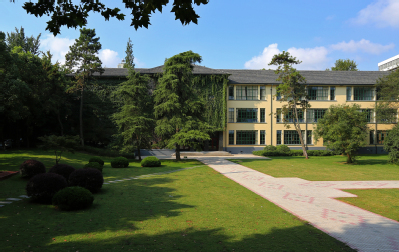On March 8, the Department of International Cooperation and Exchanges of the Ministry of Education issued the Notice on the Record Dynamic Adjustment Results of National and Regional Research Centers of Universities. The Regional Research Center of Lancang-Mekong Countries, Research Center of the Gulf of Guinea and Cote d'Ivoire and Research Center of Economic Community of West African State (ECOWAS) applied by Hohai university were successfully approved for the record. These three research centers are the research platforms approved by the Ministry of Education in the field of national and regional research after the Asian Research Center of our university, marking our important breakthrough in international issues research, consultative services, and think tank construction.
By making full use of the characteristics of water conservancy and the advantages of interdisciplinary research, the Regional Research Center of Lancang-Mekong Countries will carry out research in the fields of mechanism optimization, production capacity, water resources, and agricultural poverty reduction cooperation, build a talent training and academic research system with water resources cooperation as the guide, and form a model for opening up education in the new era. Focusing on the major countries and regions in the Gulf of Guinea, such as Cote d'Ivoire, the Research Center of the Gulf of Guinea and Cote d'Ivoire will build a comprehensive research platform, combining talent training, academic research, and national strategies to build a high-end think tank for African research. The Research Center of ECOWAS will conduct interdisciplinary and cross-disciplinary research in the fields of water conservancy, hydropower development, and infrastructure construction in relevant countries, as well as the social, economic, environmental, ecological, political, legal, and engineering technology issues arising from the development and utilization of clean energy, international rivers, and natural resources.
Hohai University has always attached great importance to national and regional research work. In the future, it will further integrate research resources inside and outside the university, strengthen institutional improvement, implement standardized management, increase investment in personnel, capital, and software and hardware conditions, guide these research centers to increase advisory services, take the initiative to improve advisory service capability, and build the four national and regional research centers into high-level think tank platforms.
